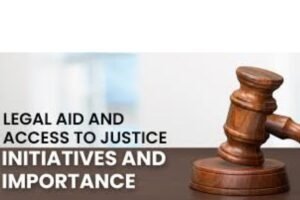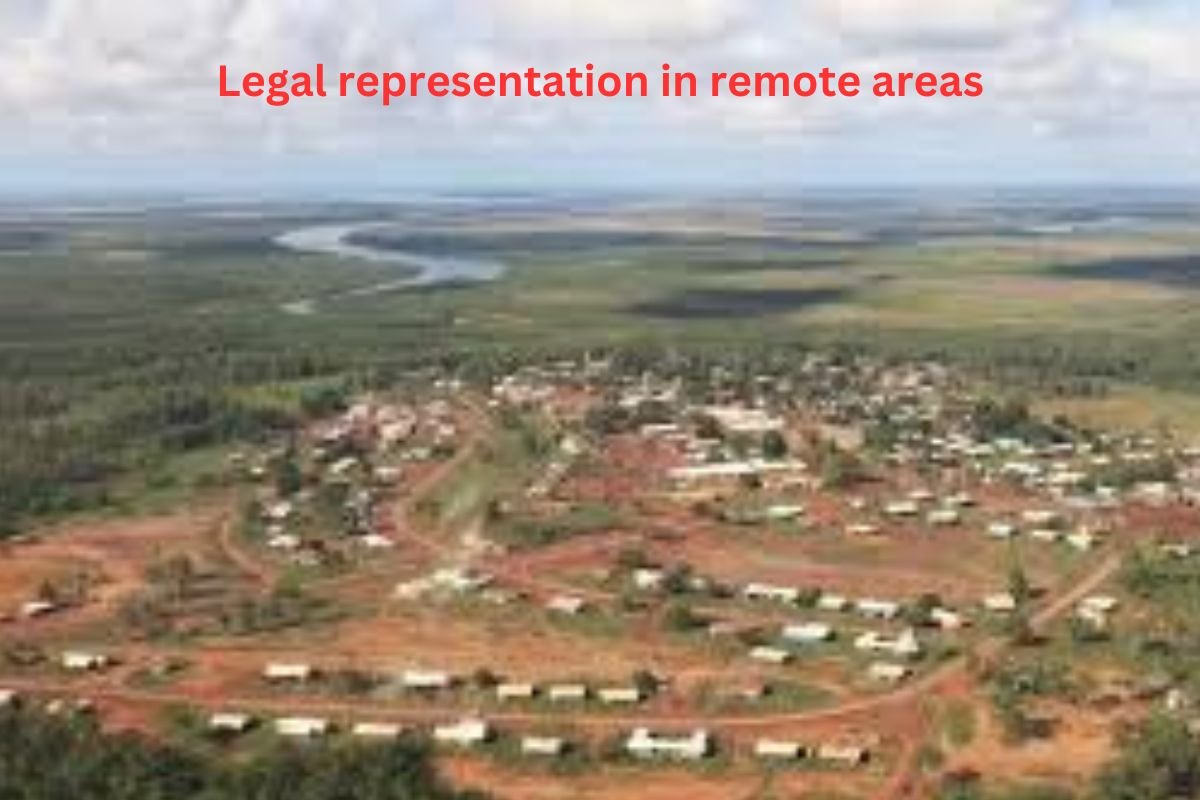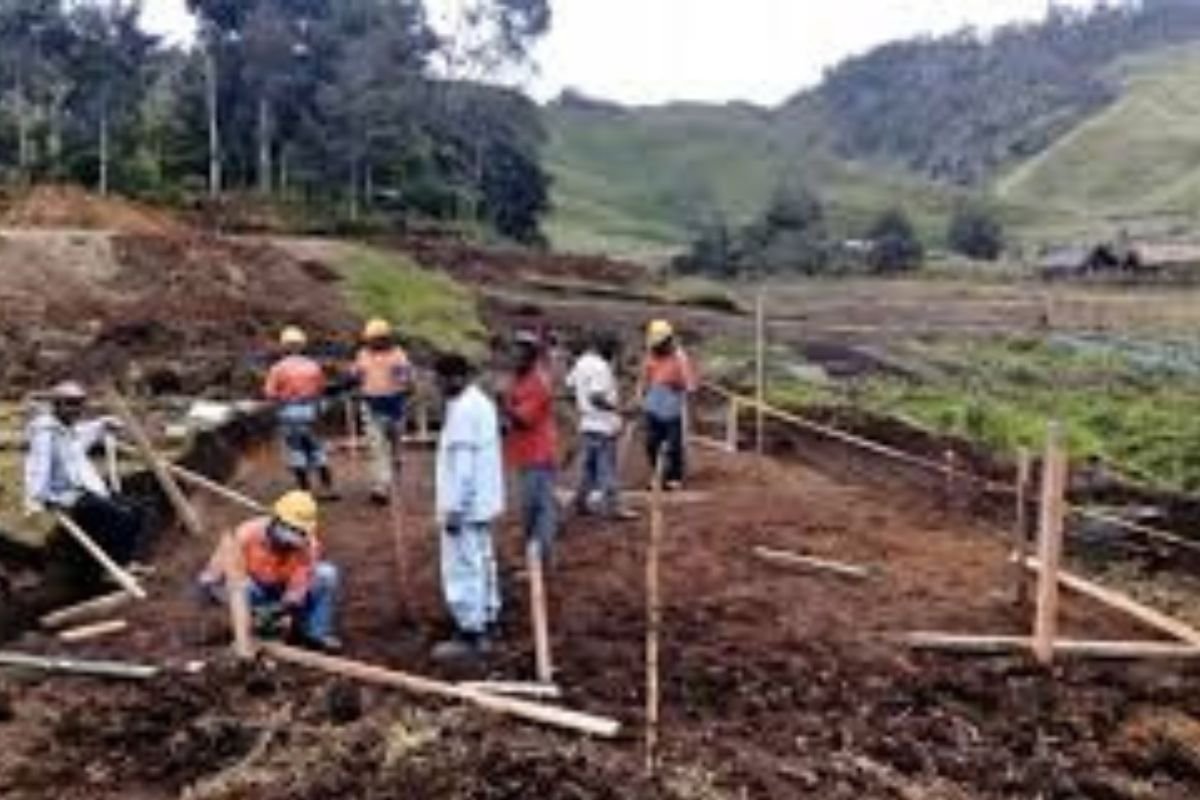Access to Justice in Rural Areas: Overcoming Barriers to Legal Assistance
Access to justice is a fundamental human right that should be available to all, regardless of geographical location. However, for many individuals living in rural areas, accessing legal assistance can be a daunting challenge. In this article, we explore the barriers to justice in rural communities and the innovative approaches and initiatives aimed at bridging the gap.
Understanding the Challenges
Rural areas are often characterized by sparse populations, vast distances, and limited resources. These factors contribute to significant barriers in accessing legal assistance:
- Geographical Isolation: Many rural residents live far from urban centers where legal services are more readily available. Traveling long distances to seek legal help can be time-consuming and costly.
- Limited Legal Infrastructure: Rural areas may lack the presence of legal professionals and organizations, making it challenging for residents to find representation or obtain legal advice.
- Financial Constraints: Rural residents often face financial constraints that make hiring private attorneys or accessing fee-based legal services prohibitive.
Innovative Solutions
Despite these challenges, numerous initiatives have emerged to improve access to justice in rural areas:
- Mobile Legal Clinics: Mobile legal clinics travel to rural communities, providing on-the-spot legal assistance and advice to residents who may otherwise struggle to access legal help.
- Virtual Consultations: Telelaw services offer virtual consultations with legal professionals, allowing rural residents to seek legal advice without the need for travel.
- Community Legal Education: Legal education programs raise awareness about legal rights and resources available to rural communities, empowering individuals to navigate legal processes more effectively.
- Pro Bono Services: Legal professionals volunteer their time and expertise to provide pro bono services to rural residents in need, ensuring that financial constraints do not hinder access to justice.
Collaborative Partnerships
Collaborations between legal organizations, community groups, and government agencies are essential for enhancing access to justice in rural areas:
- Partnerships with Local Organizations: Legal aid organizations partner with local community groups, churches, and nonprofits to reach underserved rural populations and provide legal assistance where it’s needed most.
- Government Support: Government agencies allocate funding and resources to support legal aid programs and initiatives targeting rural communities, recognizing the importance of access to justice for all citizens.
-

Access to justice in rural areas
Overcoming Digital Divides
In an increasingly digital world, addressing digital divides is crucial for ensuring equitable access to legal assistance in rural areas:
- Broadband Expansion: Investing in broadband infrastructure and expanding internet access in rural areas can help bridge the digital divide and facilitate access to online legal resources and virtual consultations.
- Technology Training: Providing technology training and support to rural residents enables them to utilize online legal tools and resources effectively, empowering them to seek legal assistance independently.
Conclusion
Access to justice in rural areas is essential for upholding the rule of law and ensuring that all individuals have the opportunity to seek redress for legal grievances. By addressing the unique challenges faced by rural communities and implementing innovative solutions and collaborative partnerships, we can work towards achieving equitable access to justice for all, regardless of where they reside.
In closing, it is imperative that we continue to prioritize efforts to improve access to justice in rural areas, recognizing that access to legal assistance is not just a matter of convenience but a fundamental human right that should be accessible to everyone.



